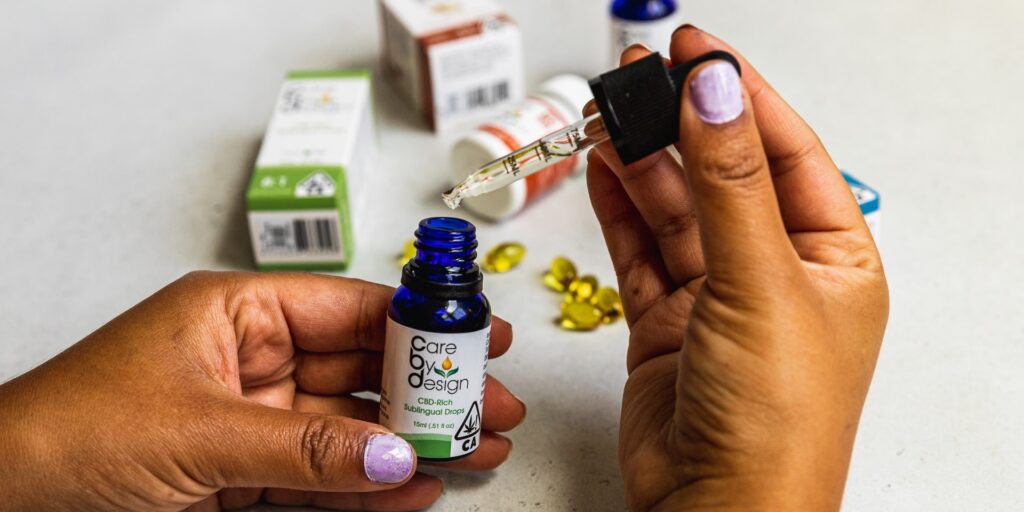If you’ve been diagnosed with hepatitis C, you are dealing with a viral infection in your liver. It becomes inflamed and leads to a host of problems. The liver produces bile needed for digestion. It also has the tough job of filtering toxins and impurities that enter your body. With all that said, you cannot be complacent when it comes to addressing the hepatitis C virus (HCV) because liver failure is life-threatening.
Unfortunately, scientists say that a person can live for many years without knowing they are afflicted with HCV. You acquire it through blood contact from an infected person or unsterile equipment like contaminated injections. Some people develop symptoms within two weeks of exposure, while others take 6 months to 10 years before showing problems.
Forms of Hep C Treatment
The virus can be an acute short-term condition that goes away with minimal treatment. However, for others who aren’t as lucky, it will develop into a chronic liver condition that will persist for a long time. But fret not, because this is not a death sentence. Thanks to scientific advancements, there are many ways to treat HCV through antiviral drugs or alternative medications.
If you are looking for a complementary treatment to alleviate symptoms because your current meds feel insufficient, then you’ve come to the right place. This article delves into the various numerous alternative therapies to help you combat hepatitis C. However, before you embark on this journey like herbal concoctions, it would be prudent to inform your doctor first.
Acupuncture

Acupuncture is an ancient Chinese remedy that involves putting fine needles into the body’s pressure points. It is supposed to balance your Qi (pronounced as chee) or energy flow along the pathways that connect the body’s acupressure meridians. This treatment is recommended to help manage HCV because the meridians also connect to the liver’s internal organs. With acupuncture, you can improve your Qi, which is strongly associated with your life force.
Those who include acupuncture in their treatment plan find relief for symptoms like pain, nausea, heartburn, and indigestion. By applying pressure, the congested energy responsible for pain is set free. Blood circulation also significantly improves. A study showed that patients with HCV who tried both western and Chinese medicine showed a decreased risk of developing a chronic complication called CKD (chronic kidney disease). With the unobstructed flow of Qi, you bolster your body’s ability to heal and detoxify itself.
Important tip: make sure to inform your acupuncturist that you have the virus so they can take proper precautions. Any needles used on you can infect others, so proper consideration and care must be exercised to prevent the spread of contagion.
Yoga

Symptoms of hepatitis C may significantly improve when you incorporate a yoga practice into your routine. Most think of yoga as an exercise using various poses and breathing techniques. However, studies say it has significant therapeutic benefits as it can help you relax, decrease hypertension, and improve blood flow to internal organs.
Moreover, a nursing journal article indicates that practicing meditation and mindfulness plays a huge role in alleviating the stress that accompanies an HCV diagnosis. Unfortunately, stress can exacerbate symptoms and make you feel even sicker. If you need help coping with your diagnosis, you will benefit psychologically and emotionally by incorporating a yoga practice.
Herbs
When it comes to all-natural remedies, nothing beats herbs. These plants are a gift of mother nature. Let’s take a look at the two most common herbs that alleviate HCV symptoms.
l Milk Thistle
Most naturopaths say that this herb promotes liver health. Its component, called silymarin (Silybum marianum), helps detoxify the organ to enable optimal liver function. It can even help patients who suffer from liver cirrhosis by preventing further liver damage. You can buy this in capsule form or drink it as a tea to alleviate any symptoms. Many people well tolerate it, so including this in your routine can help.
l Licorice Root
This herb has an ingredient called glycyrrhizin. Studies show this component can reduce alanine transaminase and aspartate transaminase values in the liver serum. What does this mean? It activates a protective function by inhibiting inflammatory cytokines in your liver.
CBD Potential

Today, cannabinoids are a medically accepted treatment for many diseases, and one of them is HCV. Researchers discovered that CBD could combat viral hepatitis, caused by activating your body’s T cells and macrophages. Patients suffering from hepatitis C will experience an improvement in symptoms because this can down the inflammation in your liver.
Remember that every person is different, so your reaction to any hemp component will vary. Perhaps, you’ll just need a small amount to get the results you’re looking for, like decreased nausea, less bloating, pain relief, and more. Slowly building up is the best solution so you can tailor fit the product to your needs.
In addition, those of you who feel anxious because of your HCV illness will also benefit from CBD’s relaxing properties, which help promote sleep and relaxation. Remember, your body heals and regenerates faster when you sleep.
Qigong
If you are desperate for relief, you can also try another Chinese practice called Qigong. Unlike acupuncture, this is non-invasive as it doesn’t rely on needles. You just need to learn breathing techniques and various movements to help your body find its balance so you can achieve optimal health.
This is an energy-conserving practice that promotes internal harmony and improved strength. Studies show that incorporating a Qigong practice can improve your mood. As such, it can alleviate your feelings of sadness, stress, and anxiety. Overall, Qigong can never harm your health, so it may be a good idea to turn to this to help you manage the physical and psychological ill-effects of hepatitis C.
Final Wrap Up
When you are diagnosed with hepatitis C, chances are you are already experiencing various symptoms like nausea, appetite loss, vomiting, stomach pain, bloating, jaundice, and more. Apart from physical manifestations, you will also feel mental stress. After all, it is a normal human reaction to feel worried and stressed when your doctor says you are sick.
Thankfully, apart from conventional antiviral drugs, you can now also rely on alternative therapies to complement your path to healing. Doing yoga, acupuncture, and Qigong will surely help you manage your anxiety. You can also take herbal remedies and CBD to supplement your western pharma drugs.
However, before you begin any kind of therapy, be sure to consult with your primary care physician to ensure that your treatments will not interact with your medicines or health condition in general.



